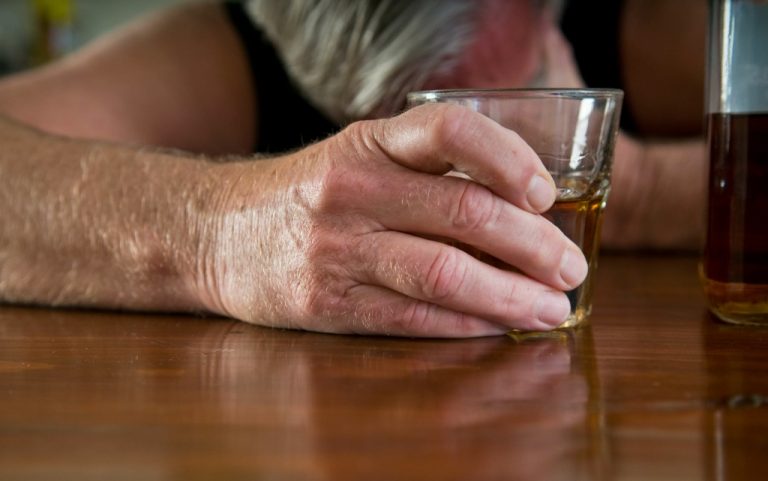Content
Rehab centers offer intensive recovery programs that help residents overcome addictions by following strict rules and regulations. Halfway houses usually require that residents complete a formal rehab treatment program and they limit the amount of time residents can stay to 12 months. Most of the rent for the Options SLHs was paid by General Assistance or Social Security Income, so a variety of low income residents could be accommodated. While the level of support is less intensive than that offered in residential treatment, it is more intensive than the relative autonomy found in freestanding SLHs. Some residents probably benefit from the mandate that they attend outpatient treatment during the day and comply with a curfew in the evening. For some individuals, the limited structure offered by freestanding SLHs could invite association with substance using friends and family and thus precipitate relapse. This could be particularly problematic in poor communities where residents have easy access to substances and people who use them.

You might seek these services if behavior therapies such as CBT or DBT make sense for you. Any given SLH program’s phases will widely differ depending on how they operate. The level of support and services offered drastically alter what is required. Accountability is important not only for SLH residents but for operating staff as well. As such, qualified staff structures in Level 3 or 4 housing may provide better results. In lenient SLHs, a violating resident is liable to be restricted from select privileges.
12 Steps programs tend to be the most common support group in sober living. Support groups serve as the backbone for rejoining the community in a healthy way. These support positive social connections beyond SLHs to maintain lifelong sobriety.
Many individuals attempting to abstain from alcohol and drugs do not have access to appropriate housing that supports sustained recovery. Our study found positive longitudinal outcomes for 300 individuals living in two different types of SLHs, which suggests they might be an effective option for those in need of alcohol- and drug-free housing. Improvements were noted in alcohol and drug use, arrests, psychiatric symptoms and employment. Although criminal justice referred residents had alcohol and drug use outcomes that were similar to other residents, they had a harder time finding and keeping work and had higher rearrest rates.
Sober living houses are often recommended for folks finishing up a drug rehabilitation program.Leaving the structure of a treatment program can be jarring, sometimes triggering a relapse. As such, sober living houses serve as a space to transition into a life without addiction, developing tools and community while getting used to the demands of daily life. Sober living houses are “alcohol- and drug-free living environments for individuals attempting to maintain abstinence from alcohol and drugs”. They are typically structured around 12-step programs or other recovery methodologies.
Have you or a loved one completed a substance abuse treatment program or detox? Danielhaving been one of Hope Rehab Thailand’s youngest and first clients makes him an ideal person to support clients at the sober house. He completed treatment at Hope and was the first client to go through Hopes sober living program. He gained a TEFL certificate whilst at the sober house and went on to work as an English teacher for the past year. After which he decided his energy and skills would be better used working with addicts at the sober house.
We’re always looking for ways to keep the conversation about recovery going. Education is one of the most powerful tools we have to fight addiction. All SLH residents must follow house rules to be eligible for occupancy. Level of support in the SLH offer 24-hour supervision by clinically certified staff. It is considered part of the early recovery stages and precedes an individual’s steps into full sobriety.
She is currently working towards her master’s degree in Mental Health Counseling at Palm Beach Atlantic University in West Palm Beach, Florida. She is a Certified Addiction Professional , Certified Behavioral Health Case Manager , and International Certified Alcohol and Drug Counselor by the Florida Certification Board. Theresa is sober house passionate about recovery having gone through addiction herself. Jeffrey Juergens earned his Bachelor’s and Juris Doctor from the University of Florida. Jeffrey’s desire to help others led him to focus on economic and social development and policy making. After graduation, he decided to pursue his passion of writing and editing.

